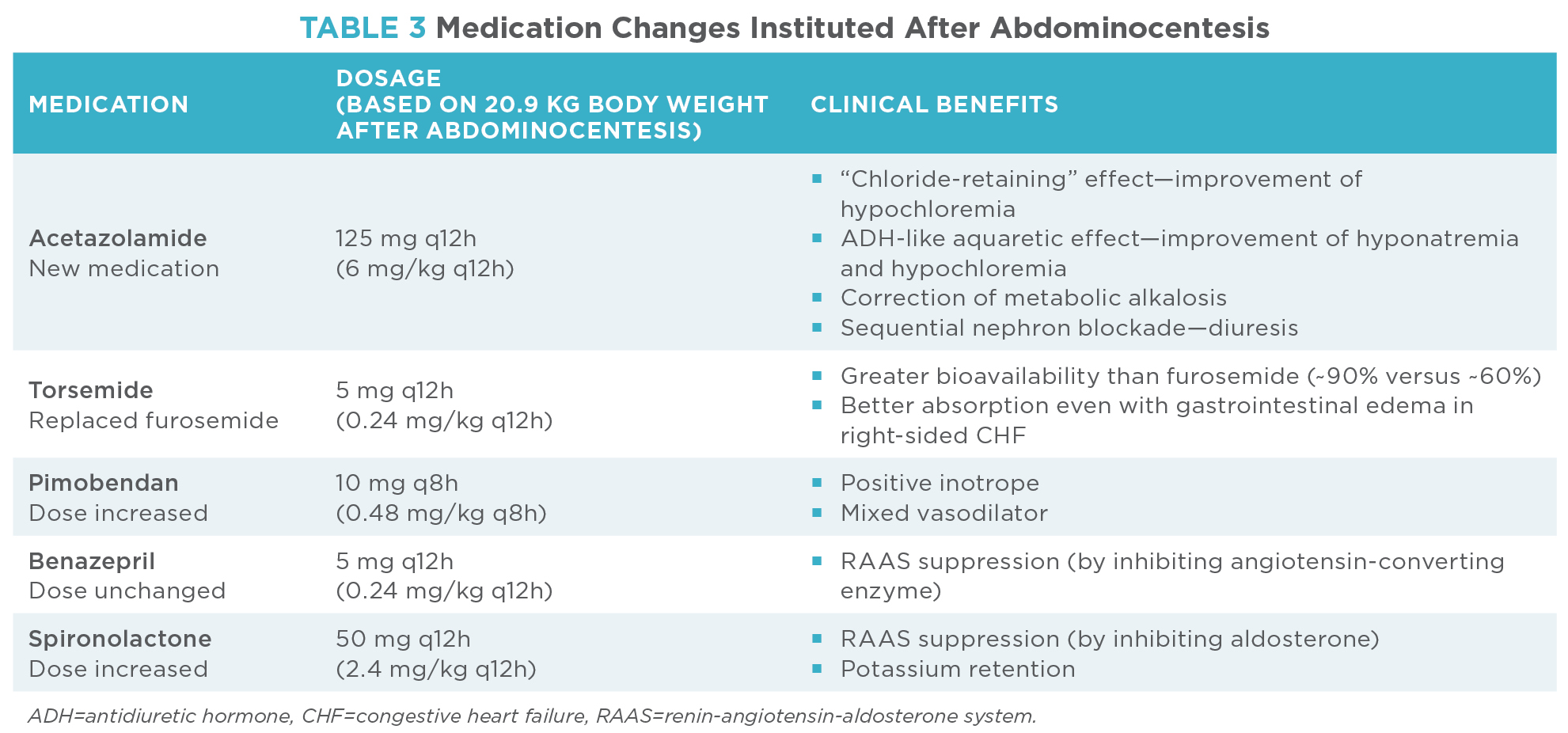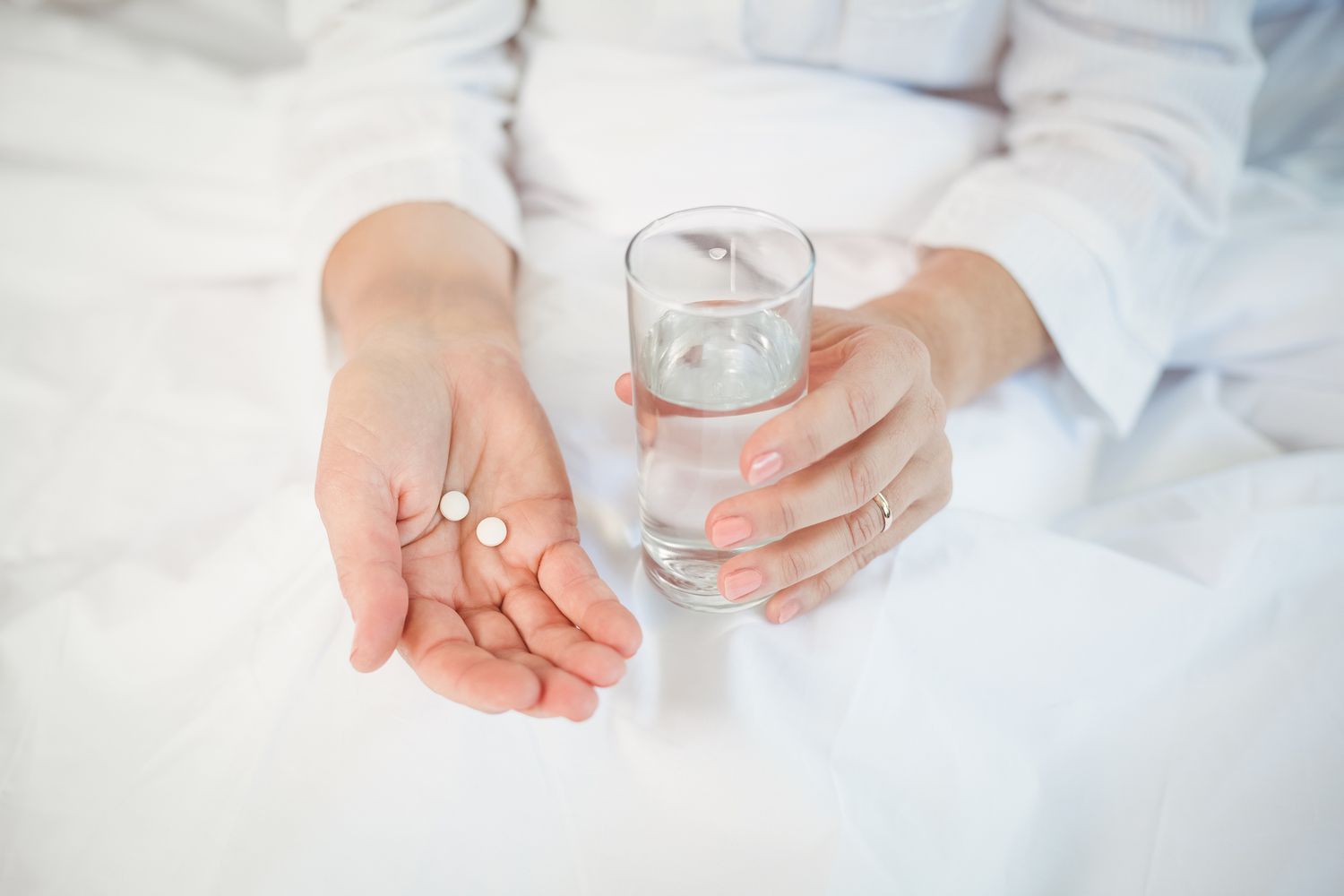
Key facts
- Diuretics are medicines that help your kidneys produce more urine, to remove extra fluid in your body.
- They can lower blood pressure and relieve symptoms of fluid build-up caused by heart, liver or kidney problems.
- Diuretic medicines can cause an imbalance of fluid and salts in your blood, such as sodium and potassium — see your doctor regularly to make sure your levels are healthy.
- There are several types of diuretics, such as thiazide, loop and potassium-sparing.
- Do not stop taking your diuretic or change your dose without your doctor’s advice.
What are diuretics?
Diuretics are medicines that make your kidneys produce more urine. This helps remove extra fluid in your body. Some people call them ‘fluid or water tablets’.
There are several types of diuretics, including:
- thiazide
- loop
- potassium-sparing
These act in different parts of your kidney, affecting your body in different ways.
What are diuretics used for?
Diuretics are commonly used to treat high blood pressure.
They are also used to treat fluid retention due to heart failure, liver cirrhosis or kidney problems. They can relieve symptoms of oedema (swelling) in your legs, lungs or abdomen. Some people can stop taking diuretics once their symptoms improve, while others need to keep taking them.
Diuretics are usually prescribed with other medicines for high blood pressure or heart failure.
Which diuretics might I be prescribed?
You can only get a diuretic with a prescription from your doctor.
Common thiazide diuretics include hydrochlorothiazide and indapamide. You might take these for high blood pressure. They are often combined with other blood pressure medicines, sometimes in the same tablet.
The most common loop diuretic is furosemide (or frusemide). Your doctor might prescribe this if you have heart failure causing shortness of breath.
Spironolactone is a potassium-sparing diuretic. As well as treating high blood pressure or fluid retention, it might be prescribed to increase your potassium. It is also used for some hormonal problems.
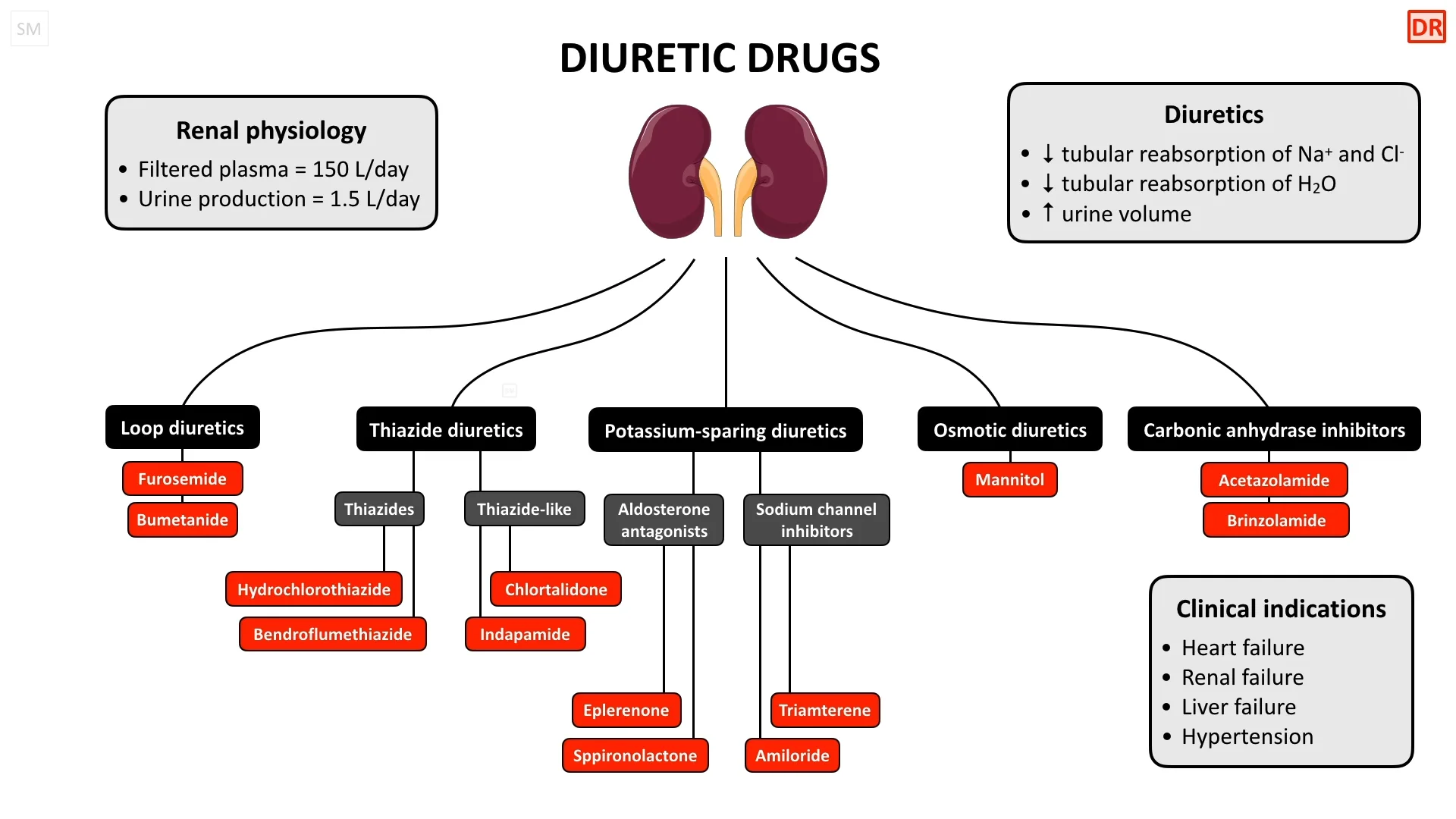
How do diuretics work?
Your kidneys manage the amount of water and electrolytes (salts) in your blood. Diuretics make your kidneys release more electrolytes into your urine. This makes your kidneys release water, producing more urine and getting rid of extra fluid.
Considering diuretics cause you to lose electrolytes through your urine, your doctor may request regular blood tests to monitor electrolytes in your blood.
Who should not use diuretics?
Avoid taking diuretics if you:
- are pregnant or breastfeeding
- have severe kidney or liver problems
You will need extra careful monitoring if you:
- are older
- take non-steroidal anti-inflammatory medicines
- have low blood pressure
- have gout or diabetes
- have difficulty passing urine
Always take diuretics as instructed by your doctor. Do not stop taking them unless you have been advised to do so.
How should I take my diuretic medicine?
Make sure to follow your doctor’s and pharmacist’s instructions. It’s a fine balance to maintain healthy levels of fluid and electrolytes.
Ask how much water and salt you should have in your diet each day if you take diuretics. You may need to limit salt in your diet or weigh yourself daily.
If you take loop diuretics, you might need to eat foods that are high in potassium, such as bananas and tomatoes. If you take potassium-sparing diuretics, you might need to avoid these foods. Always talk to your doctor about any changes to your diet you make when taking diuretics or any other regular medication.
Tell your doctor if you’re having trouble keeping up your fluids, for example, if you have diarrhoea. They may tell you not to take your diuretic until you get better.
Diuretics can make you urinate more frequently than usual, so it’s often advised to take diuretics early in the day to avoid having to pass urine during the night.
Are there any side effects or risks?
Diuretics can cause an imbalance of salts in your blood. Some cause low potassium while others cause high potassium. They can affect your levels of sodium, calcium, magnesium and uric acid.
If you take too much, diuretics can cause kidney damage, low blood pressure and dehydration. This may cause headache, dizziness, blurred vision, dry mouth and tiredness. In severe cases, this can cause blood clots, confusion or unconsciousness.
Other side effects of some diuretics include:
- hearing loss
- vision impairment
- high cholesterol
- diabetes
- gout
- breast enlargement
If you intend to take any other medication or over the counter supplements, always tell your pharmacist that you are taking diuretics. They can help you to select the best medication for your circumstances.
What should I do if I have side effects?
Tell your doctor if you have side effects. If they are caused by a fluid or electrolyte imbalance, your doctor can adjust your dose. Don’t stop taking your medicine or change your dose unless your doctor advises you to.
If you feel dizzy, take care to stand up slowly.
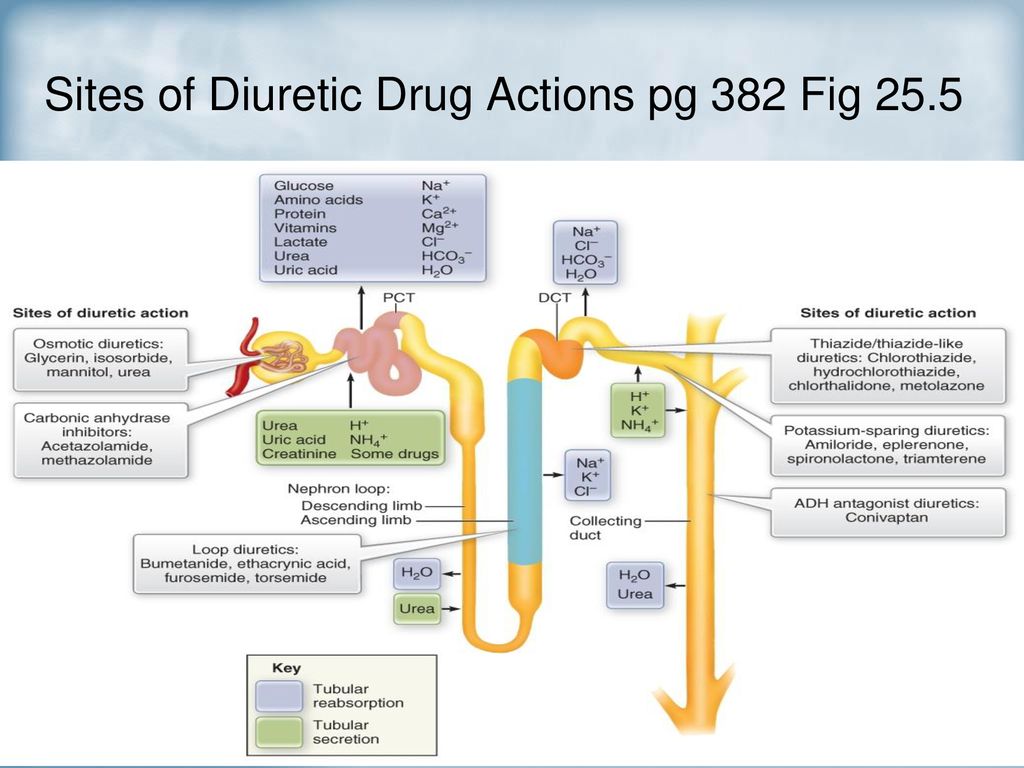
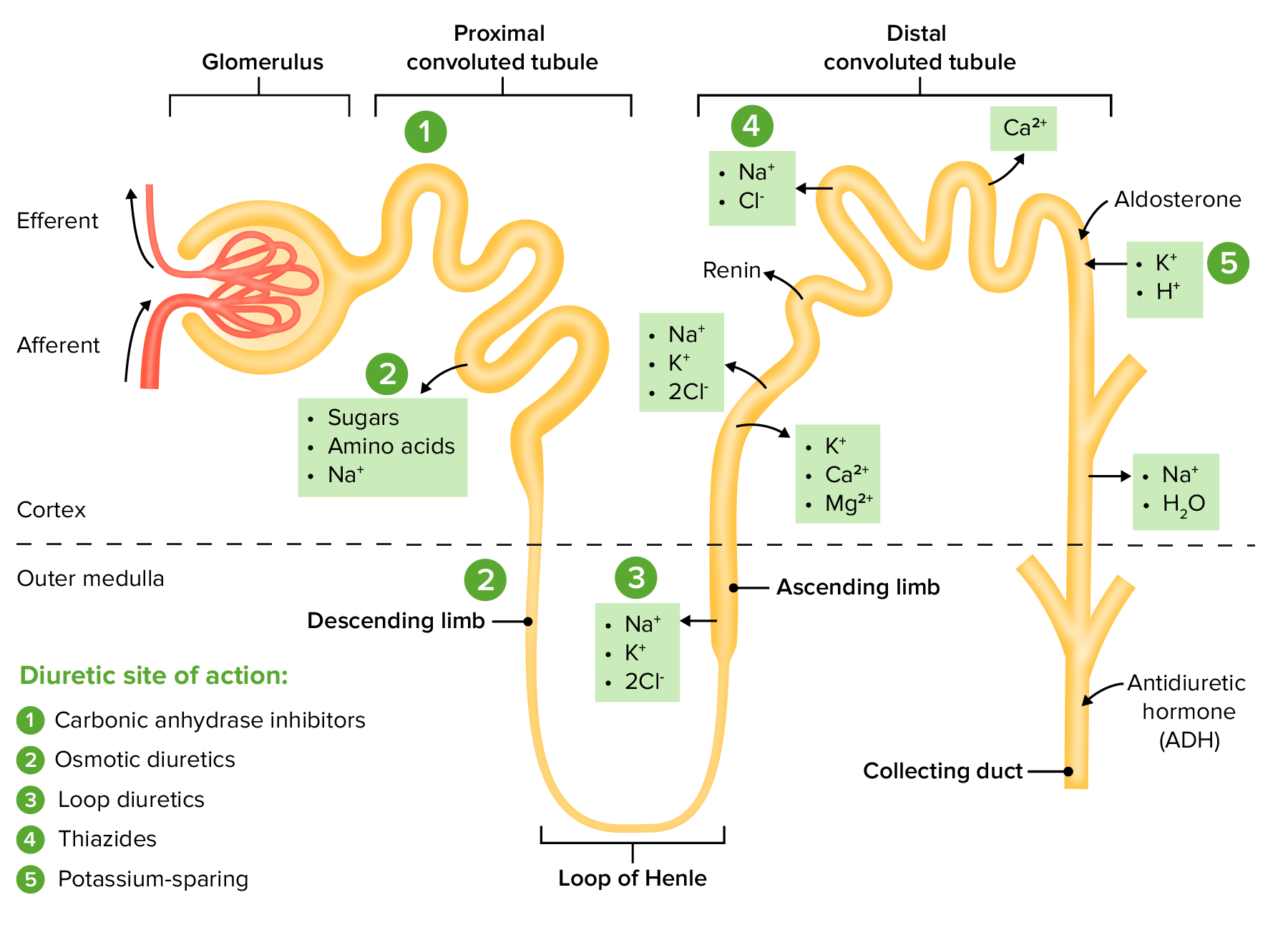
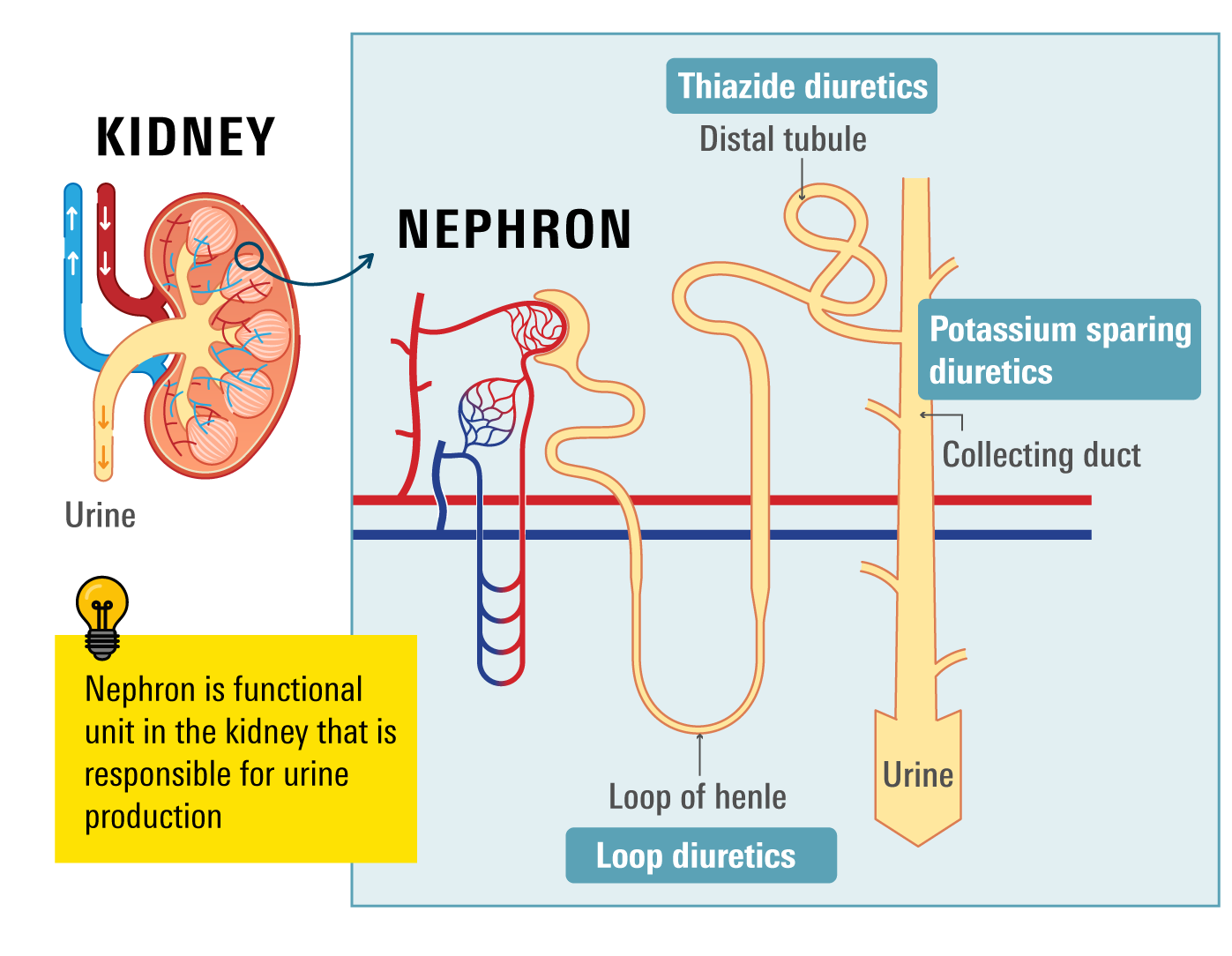
When should I see my doctor?
It’s important to see your doctor regularly. They can monitor your fluid levels, arrange blood tests to check your kidney function and electrolytes, and adjust your dose if needed.
See your doctor within 2 weeks after starting a diuretic or changing your dose. If your dose is changed in hospital, see your doctor within a week after going home.
Are there any alternatives?
There are many other medicines that lower blood pressure. They work best when used in combination with healthy lifestyle changes.
Diuretics are the best treatment for symptoms of fluid retention. Some other medicines can have a diuretic effect.
You may be able to prevent extra fluid by restricting your water and salt intake. Ask your doctor if this is appropriate for you. Weighing yourself daily can alert you if fluid builds up.


